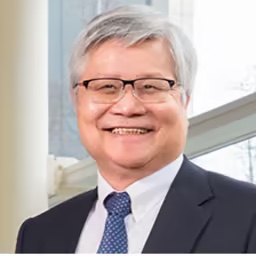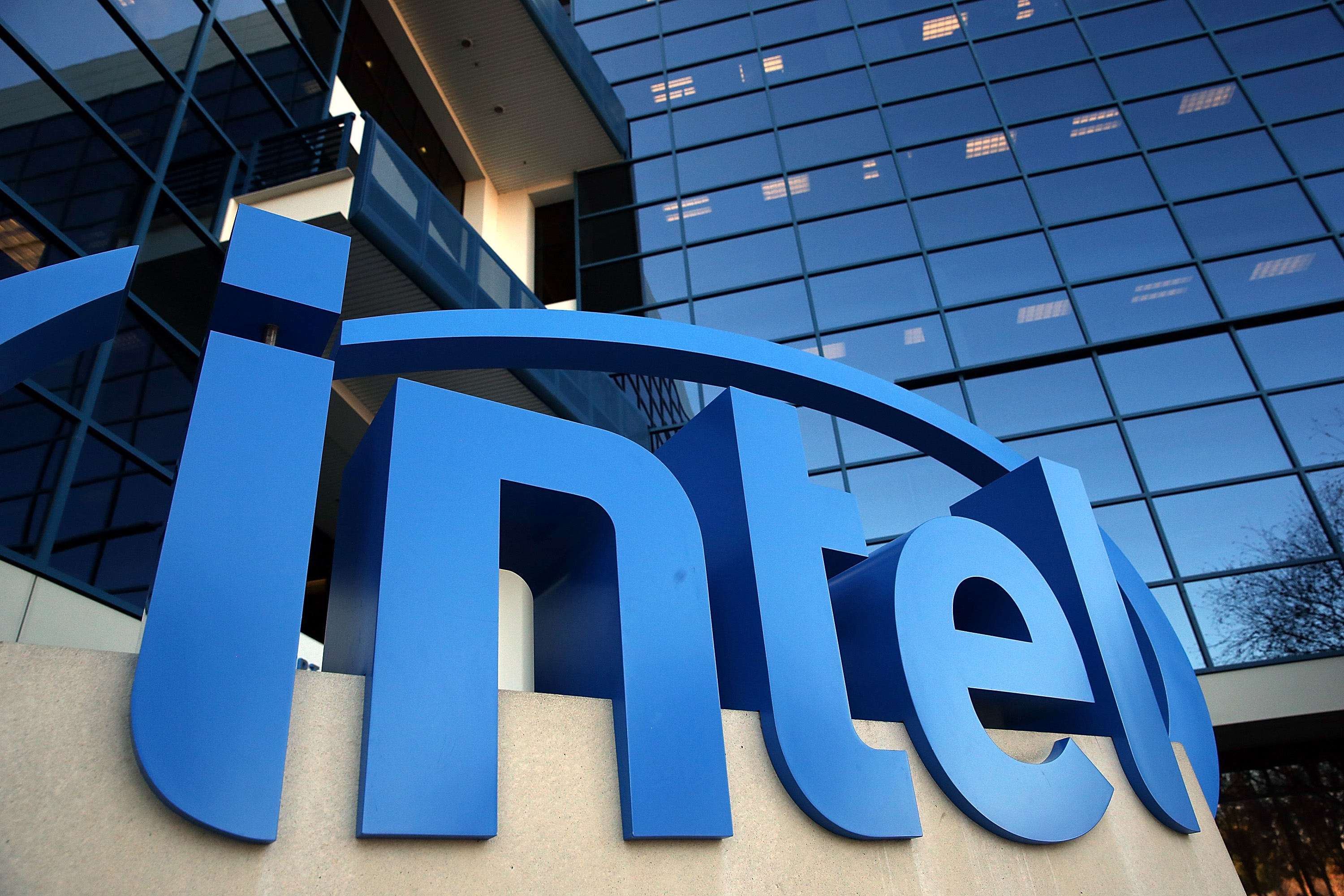
“Geopolitical confrontation has distorted the entire market,” Wei told a forum organised by the Monte Jade Science and Technology Association on Saturday, “previously, you make a product and could sell it to the whole world. Now, some products are not allowed to be sold, some countries say that you are not allowed to enter, while some say you can only use certain products.”
“The situation has destroyed all the productivity and efficiency brought by globalisation,” added Wei, “even if saying destroying is too strong, these barriers will seriously affect the benefits of a free economy like in the past. This is really bad.”
“Something I feel very bad about is this weakening of mutual trust and collaborations internationally,” said Wei, “now if you ask the U.S. and China to work together, it isn’t easy,” added Wei, “mutual trust and collaborations were the key for human beings in the past to make advancements, and now this is weakening. It’s not a good sign.”
“Everyone wants to build their own semiconductor factories, but is that realistic?” Wei asked. “If it was that easy, there would be chipmaking plants everywhere in the world already.”
“Take TSMC itself, for example” continued Wei’ “even within our own company, transferring technology we developed from the Taiwanese city of Hsinchu to our site in Tainan required a lot of hard, painstaking work, never mind moving from Hsinchu to the U.S.”
“Let me share something,” added Wei, “we are in Japan only because this Japanese customer
is also a crucial supplier to our biggest customer. And if my biggest customer’s products did not sell well, that will affect my other business as well.”
“We never go to set up a plant overseas because of government incentives, or because the U.S. or Japanese governments asked us to go,” said Wei, “we will only go to those countries because of our customers’ demand. Customers’ needs are our top priority.”
As to Japan’s ambitions, via Rapidus, to get back unto advanced chip-making, Wei said: “I won’t say it’s impossible to jump into the chip industry and suddenly overtake other players on the bend and race ahead, but I would say it could be a very difficult task. In Japan’s case, I understand they want to build 2-nanometer chips, but I want to ask how about 3, 4, 5, 7, 8, 9,10-nanometer. It could be a lot of effort going forward.”







